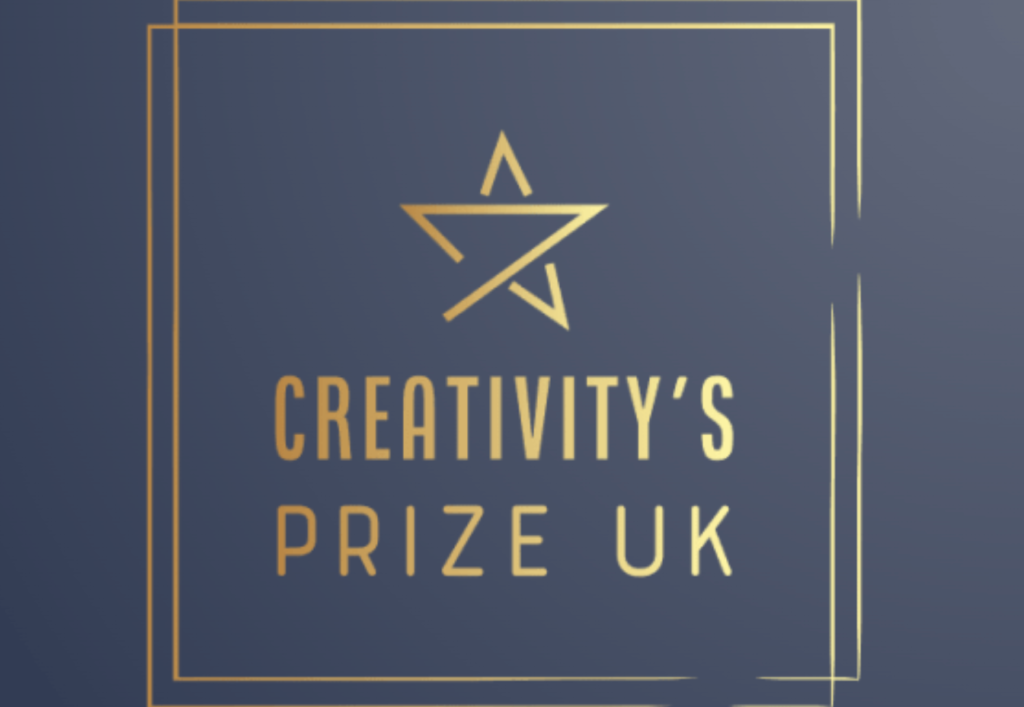Some news reaches you like an echo from a future you hadn’t dared imagine. Three days ago, I received word that “Anonymous Letters” has been awarded the April 2025 Creativitys UK Award (Creativity’s Prize). https://creativitys.uk/creativitys-uk-award-winner-of-april-2025/
The notification arrived while I was in Rome, sitting in a small café near the Tiber, working on preliminary notes for a new project. There’s a particular disorientation in having your work recognized while you’re deeply immersed in creating something new—a temporal dissonance between past achievement and present uncertainty.
For those unfamiliar with it, the Creativitys UK Prize was established in 2019 to recognize creators who dissolve artistic boundaries. Previous recipients include holographic sculptor Lin Mei and the experimental poetry collective Verse—artists whose work I’ve long admired for their willingness to challenge convention. To find myself in their company feels both humbling and slightly surreal.
The jury, chaired by Maria Bregman, specifically cited “mastery in weaving chilling suspense from the fabric of everyday anxieties and forgotten folklore”—a phrase that captures precisely what I was attempting in “Anonymous Letters.” The novel emerged from my fascination with how isolation shapes perception, how forgotten local legends can resurface in moments of psychological vulnerability, and how the boundaries between objective reality and subjective experience blur under certain conditions.
When I began writing the story of Anna and her mysterious letters about the village of Dorimore, I wasn’t consciously working against genre conventions. Rather, I was following a particular atmospheric quality that had taken hold in my imagination—the sense of fog rolling in from the sea, gradually obscuring familiar landmarks, creating a landscape where certainty itself becomes impossible. The suspense in the narrative arose not from external threats but from this progressive dissolution of epistemic ground, this creeping awareness that what we believe we know may be fundamentally unreliable.
What makes this recognition particularly meaningful is that it honors work that resists easy categorization. “Anonymous Letters” exists at the intersection of psychological thriller, folk horror, and literary fiction—a liminal space that initially made the novel challenging to position in the market. In a publishing landscape often organized around clear genre boundaries, works that blend elements from different traditions can struggle to find their audience. This award suggests there’s room for fiction that prioritizes atmosphere and psychological depth alongside narrative tension.
The jury’s citation also mentioned “the anxieties of isolation” as a central theme—an observation that connects directly to the novel’s origins during lockdown. Those strange months of enforced solitude offered a collective experiment in how isolation affects perception, how the mind fills emptiness with patterns and meanings that may or may not exist beyond our own consciousness. Anna’s journey through increasingly unsettling events reflects this experience of trying to distinguish between external reality and internal projection when the usual social confirmations are absent.
I’m deeply grateful to Creativitys UK for this recognition, to the jury for their thoughtful engagement with the work, and especially to readers who have allowed Anna’s story to resonate in their own imaginations. A novel exists fully only when it’s read—when the words on the page activate associations, emotions, and ideas unique to each reader’s mind. This collaborative aspect of fiction feels particularly aligned with the Creativitys UK mission of dissolving boundaries between creator and audience.
As I continue my stay in Rome, working each morning in the quietude of ancient libraries and wandering afternoons among ruins that have been continuously reinterpreted for millennia, this award offers welcome encouragement to pursue the questions that most deeply interest me as a writer: How do we make meaning in ambiguous circumstances? What happens when our perceptual frameworks prove inadequate? How do we navigate the terrifying and exhilarating freedom of uncertainty?
The Roman philosopher Seneca observed that “every new beginning comes from some other beginning’s end.” As “Anonymous Letters” finds this unexpected recognition, I’m reminded that creative work exists in continuous flow—each project building on what came before while simultaneously laying groundwork for what might follow. The Creativitys UK Award honors past work while creating space for future exploration, a temporal bridge I’m grateful to cross.
“The real voyage of discovery consists not in seeking new landscapes, but in having new eyes.” (Proust’s observation feels newly relevant as I consider how this recognition might affect my perception of my own work)
